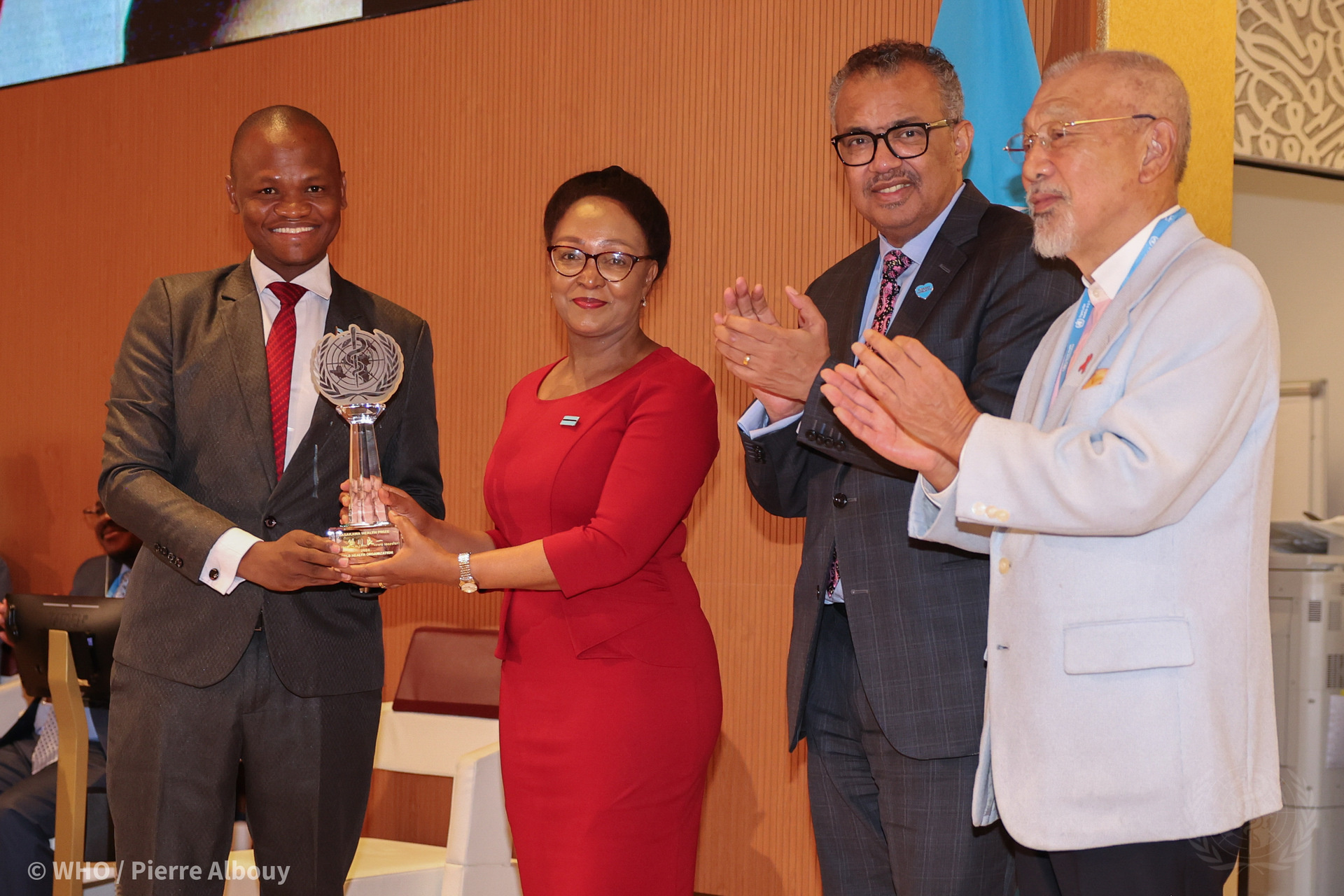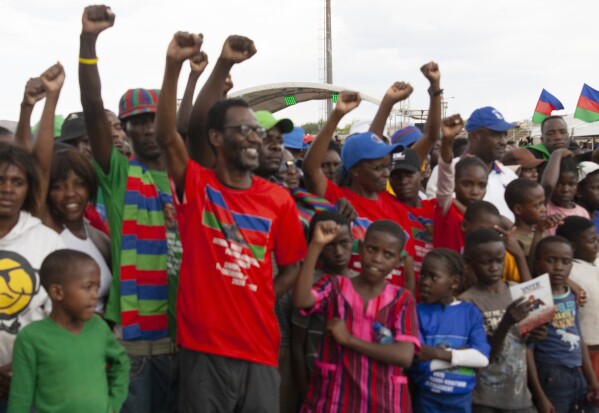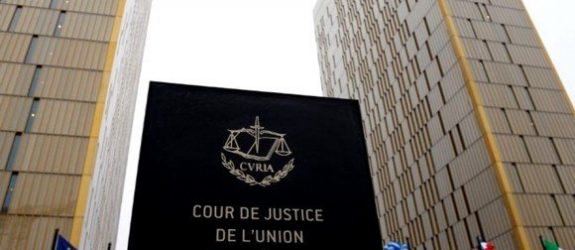
Audrey Chanakira (photo) contributed
By: Vitalio Angula
Imagine being in a museum with all the historic artefacts and not being able to touch them thus not living or feeling the real experience of how your ancestors lived thousands of years ago”.
Well this predicament presented Audrey Chanakira, a young Zimbabwean woman who migrated to Namibia eight years ago to pursue a degree in Information Technology, with an opportunity to blend her passion for Augmented Reality (AR) with the need to bring museums to life.

Augmented Reality, AR in short, is an interactive experience of a real-world environment where real life objects are enhanced by a computer generated perceptual information.
Although still in the design phase, Audrey and her colleague, Macveren Kapukare gave Confidente a glimpse of the Internet of Tomorrow (IoT) and how it can and will be a game-changer on the African continent.
“The project I am working on is based on my Masters research and brings museum artefacts such as dinosaur’s to life”, Chanakira explained to Confidente.
“All you would need is a capable mobile phone with a camera that is equipped with AR software. When you point at a historic figure it comes to life on your cellphone in real time at the museum and you can see its movements in 3 dimension and this will give you a real life experience instead of just seeing an image in its static phase”, Chanakira told Confidente.
AR has been around since the 60’s and is essentially a hologram!
In more advanced countries, such as China, it is quite popular with tech junkies, but in Africa it is yet to be adopted in everyday life apart from mobile apps such as Snap Chat and Instagram.
Chanakira explains that AR can be incorporated in a University setting for first year students to navigate campuses.
“In America, where there are huge malls, AR is integrated as a navigation tool. But it can be taken further in terms of education at Vocational Training Centre’s where a proto-type of an engine can be taken apart and re-assembled using AR”, Chanakira said.
Macveren Kapukare was born and raised in Otavi, in the North Central part of Namibia.
He said as a young person growing up he always had a passion for mechanical stuff and would take apart remote controls for the television and re-assemble them again.
“My parents didn’t have enough money to put me through college but I had a passion and talent for technology and I taught myself programming”, Kapukare narrated.
“During my formative years in Windhoek, I created an application to link people renting out places and those seeking student accommodation and that is where Green Enterprises Solutions, the company I currently work for, discovered my talent and took me on as a software developer”, Kapukare told Confidente.
Green Enterprise Solutions is a Namibian company providing Information and Communication Technology services.
They provide custom made software as well as I.T products to help manage company databases, and even government infrastructure.
However, where they stand above the rest of Africa if not world, is their advancements in Augmented Reality (AR), and Virtual Reality (VR).
“Augmented Reality (AR) adds digital elements to a live view, usually through a camera phone or smart glasses”, Chanakira explained.
“Virtual Reality (VR) implies a complete immersion that shuts out the physical world. This is achieved by using headset devices that make the user feel like they are completely somewhere else in an artificially created world”, Kapukare further added.
The two state that Augmented Reality is a game changer in everyday life!
“Imagine a student in a classroom studying geology or anthropology, they then use a phone to see the object in question in 3D on their phone right in front of them”, Chanakira explained.
“Consider a doctor is practicing surgery on a digital body being ever so precise and honing their skills, thus surgeries become more successful”, Chanakira added.
Ndinomholo Ndilula, a young Namibia who is trying to incorporate AR in the Namibian News space told Confidente, AR is the future for marketing and advertising for newspapers.
“AR can be incorporated in the newspaper space since a QR reader does not have to be downloaded. The technology is already built into high end IPhones and Androids phones”, Ndilula explained.
“Once you scan the QR code, a live feed such as an interview could pop up on the cellphone and ads could run in the background” Ndilula said.
“This is really the internet of tomorrow if not of today”, he further added.
Ndilula also sees a future for AR in what he calls the Desert Economy Technology.
He explains this as a connection between Namibia’s lived technology where people can experience different Namibian geographical features without actually travelling to those places.
Chanakira is currently pursuing a Masters in IT at the University of Namibia to match her Honors Degree, her main job at Green Enterprise Solutions is to develop mobile applications for iOS in making iPhone and iPad apps.
Kapukare who studied Electronics Engineering but became a self-taught programmer, teaches computer science to at-risk youth in his spare time.
When asked where they see Africa on the world technologies stage and what the future is, they said that it differs from country to country.
“Namibia does well, hosting hackathons for varsity learners to develop technologies that will better society as well as companies like Green with their Work Integrated Learning initiative that grooms young curious minds interested in technology”, Kapukare narrated.
“However, it still depends on what policies African countries are implementing”, Chanakira emphasized.
“Is talent being groomed from within? Do we believe in our own talent, or are we hiring from the outside? Are we as a country attracting investors and showcasing our talents? These are all questions each country must ask themselves”, Chanakira remarked.
Chanakira and Kapukare believe that tech is something that should be taught at a young age.
“Signing up children for robotics and coding courses, gaming can be integrated with education for a fun learning experience; these technologies are here now and not tomorrow. We need to make the whole nation aware of these tools and you will see young people coming up with new ideas.”









